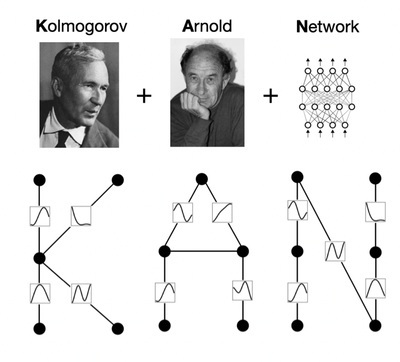Iterated function systems

Iterated Function Systems (IFS) are a powerful tool used in the field of mathematics, specifically in fractal geometry. An IFS is composed of a set of functions, each of which is an iterative mapping of a space to itself. The IFS can be used to construct fractal shapes by iteratively applying the functions to a given initial state.
A common example of an IFS is a set of affine transformations. An affine transformation is a linear mapping of a space to itself. It is composed of a combination of translation, scaling, and rotation. An IFS composed of affine transformations can be used to create many different types of fractals, from the classic Mandelbrot set to the Koch snowflake.
IFS can also be used to create more complex fractals, such as the Julia set. In this case, the IFS would consist of non-linear functions, such as polynomial functions. These non-linear functions can produce fractals with intricate and detailed shapes.The beauty of IFS is that they allow us to generate complex shapes with relatively simple equations. All that is required is the specification of a set of functions, and then the application of those functions to a given initial state. By changing the parameters of the functions, it is possible to generate a wide variety of fractal shapes.
IFS are an important tool in the field of mathematics, and they have been used to generate many interesting and beautiful fractal shapes. They are also used in various other applications, such as computer graphics and image compression. With the increasing availability of powerful computer hardware, it is now possible to generate intricate fractal shapes more easily than ever before. IFS are sure to remain an important tool in the field of mathematics for many years to come.
Read more:

We curate and publish daily updates from the field of AI.
Consider becoming a paying subscriber to get the latest!
No spam, no sharing to third party. Only you and me.







